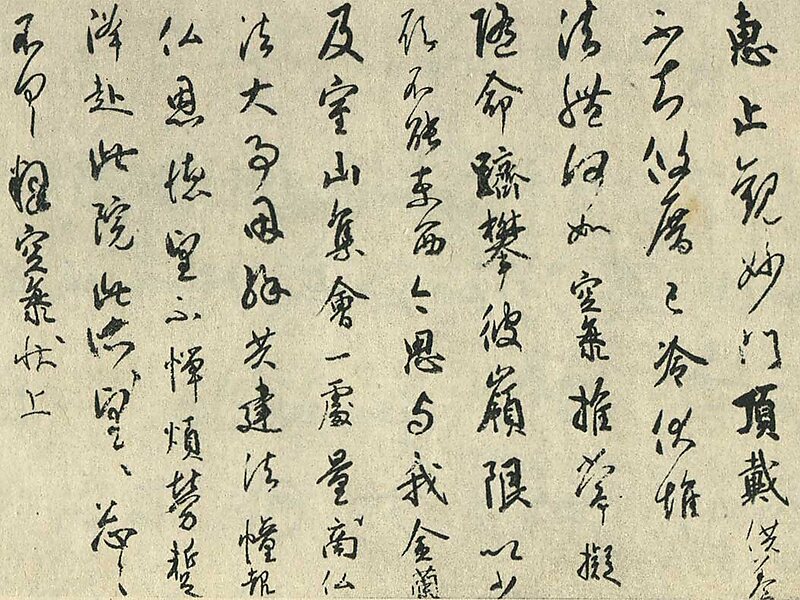Kūkai, also known posthumously as Kōbō Daishi, was a Japanese Buddhist monk, calligrapher, and poet who founded the esoteric Shingon school of Buddhism. He travelled to China, where he studied Tangmi under the monk Huiguo. Upon returning to Japan, he founded Shingon—the Japanese branch of Vajrayana Buddhism. With the blessing of several Emperors, Kūkai was able to preach Shingon teachings and found Shingon temples. Like other influential monks, Kūkai oversaw public works and constructions. Mount Kōya was chosen by him as a holy site, and he spent his later years there until his death in 835 C.E.
Because of his importance in Japanese Buddhism, Kūkai is associated with many stories and legends. One such legend attribute the invention of the kana syllabary to Kūkai, with which the Japanese language is written to this day, as well as the Iroha poem, which helped to standardise and popularise kana.Shingon followers usually refer to Kūkai by the honorific title of Odaishi-sama, and the…

Wikipedia https://en.wikipedia.org/wiki/Kūkai
Address Japan
Coordinates 34°52'23.341" N 137°21'25.397" E